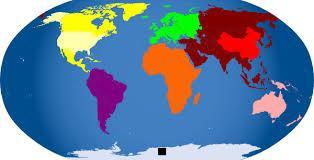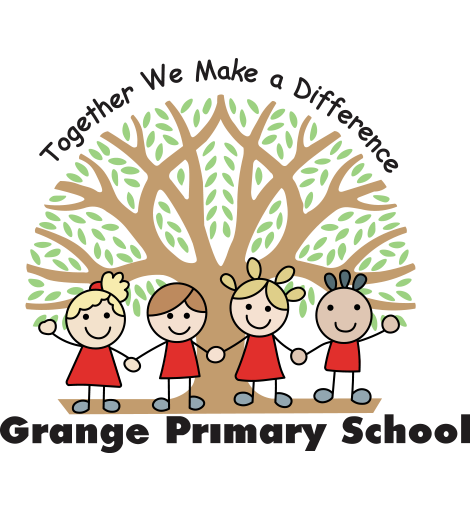Geography

The subject leader for Geography is Mrs Campbell.
Geography Curriculum Progression Plan 24-25
Geography Curriculum Statement
Intent
The Geographical Association describe Geography as the ‘world subject’. It shows our pupils how to learn to observe, describe and explain the human and physical world around us. Geography helps pupils to think about pressing, current unresolved issues such as global warming; food poverty; migration or how to ensure there is enough housing for the world’s growing population. Pupils are able to learn in real-life ways, for example through field work.
Geography underpins a lifelong ‘conversation’ about the earth as the home of humankind. Geography therefore contributes to a balanced education for all young people’
Geographical Association, 2009
At Grange, our Geography curriculum provides opportunities for children to use data, examine a range of resources and views, and look at physical evidence to undertake geographical enquiries. It is our intent to inspire children’s curiosity and interest to explore the world that we live in and its people. Our planned curriculum gives our pupils the opportunity to develop a deeper understand of their local environment and compare and contrast this to the wider world in which we live – considering both physical and human aspects.
This includes developing our children’s sense of the world - through learning the location of different countries, cities and towns, in the UK and across the world. It includes learning about what it is like to live in each of these locations about the human and physical geography of these locations and what it is like to live in these places by making observations, carrying out research, reading graphs and charts and asking questions.
In addition, we value the importance of our children getting out into different locations to appreciate Geography first-hand. We map our visits carefully to ensure that they inform and enhance our curriculum learning.
Implementation
In Early Years, Geography is taught through ‘Understanding the World’. The curriculum is planned so that children are guided to make sense of their physical world and their community. The frequency and range of children’s personal experiences increases their knowledge and sense of the world around them – from visiting parks, libraries and museums to meeting important members of society such as police officers, nurses and firefighters. In addition, children are provided with opportunities to listen to a broad selection of stories, non-fiction, rhymes and poems will foster their understanding of our culturally, socially, technologically and ecologically diverse world. As well as building important knowledge, this extends their familiarity with words that support understanding across domains. Enriching and widening children’s vocabulary will support later reading comprehension.
In KS1 & KS2, the curriculum planned from the National Curriculum with regard to some of the Lancashire Geography units. The curriculum organisation is detailed on a Curriculum Overview and Skills Progression and split into the following themes:
- Locational and place knowledge
- Human and physical geography
- Geographical skills and fieldwork
Our Geography units are mapped out so that each Year Group is taught 2-3 units over the course of an academic year. Each unit lasts approximately 6-8 weeks, taught in 1-hour lessons, but the timing is flexible dependent on the skills being developed and the knowledge being learned.
At Grange, we understand the value of visits and visitors – to enrich learning experiences and build cultural capital. Linked to our Geography curriculum we plan an extensive range of visits: we explore the local Fells; go to a local farm during the different seasons; we visit the local community allotments (Grange Gardens); and Brockholes Nature Reserve. We also visit a contrasting location and get involved in a beach clean. Further to this we take our children to Tower Wood in the Lake District, Hothersall Lodge in the Ribble Valley and we also visit France, where we experience a little of the local culture and link with local schools.
The full range of skills and content is detailed on the Geography Curriculum Overview and Skills Progression document. Planning is detailed on medium term plans – which clearly show the sequence of learning, links to prior learning and opportunities for connections across the curriculum along with links to the EYFS Framework 2021.
Impact
We assess the impact of our Geography curriculum in a range of ways which includes:
- Summative assessment of learning
- Images of the children’s practical learning
- Children’s work saved onto their individual accounts or in teacher evidence files
- Observations of pupils learning and engagement during and after visits and fieldwork lessons
- Reflective evaluation of lessons, (AfL) leading to review and adjustment where needed
- Interviewing the pupils about their learning (pupil voice) through formal and informal monitoring and through our RRSA committees
- Annual reporting to parents of standards across the curriculum
- Termly reporting to governors and attendance at governor Curriculum meetings where appropriate
The full programme of study is available on the DfE website by following the link below:
